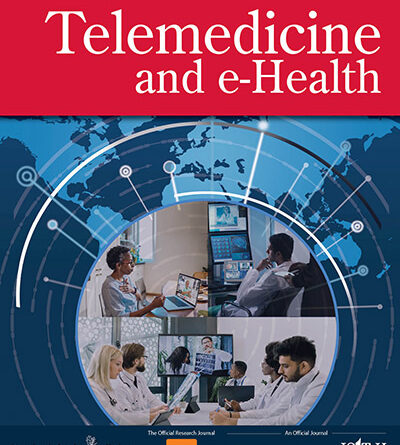Parent Views on Telemedicine in Pediatric Rheumatology: A Survey Study
Objectives: The rapid expansion in the use of telemedicine after the COVID-19 pandemic has led many patients with chronic diseases to seek alternative ways for follow-ups. This study aimed to investigate the demands and opinions of parents of children with rheumatic diseases toward telemedicine and to examine the factors affecting telemedicine preference.
Methods: A single-center, cross-sectional, Web-based survey study was conducted. Sociodemographic data, characteristics of the disease, access to the clinic, internet use, and views on telemedicine were assessed. Factors effecting telemedicine preference were evaluated by multivariate analysis.
Results: A total of 245 parents have completed the survey. The diagnoses of patients were recurrent fever syndromes (55.1%), juvenile idiopathic arthritis (31.0%), systemic connective tissue diseases (8.2%), and vasculitis (5.7%). The majority of patients came to the clinic by public transport (n = 190, 77.6%). Sixty-eight (27.8%) patients missed at least one outpatient appointment in the last year. Majority (n = 172, 70.2%) of parents stated that they would prefer telemedicine visits if it becomes available. Multivariate analysis revealed that the most related factors to telemedicine preference were higher education level (odds ratio [OR]: 6.69, confidence interval [95% CI]: 2.21–20.25, p = 0.001), missing an appointment (OR: 3.04, 95% CI: 1.41–6.56, p = 0.004), and travel time longer than 1 h (OR: 2.13, 95% CI: 1.13–3.86, p = 0.012).
Conclusion: Telemedicine visits are in demand in pediatric rheumatology and should be considered an alternative method to ensure continuity of patient follow-up. A personal approach should be followed when selecting patients for telemedicine.


